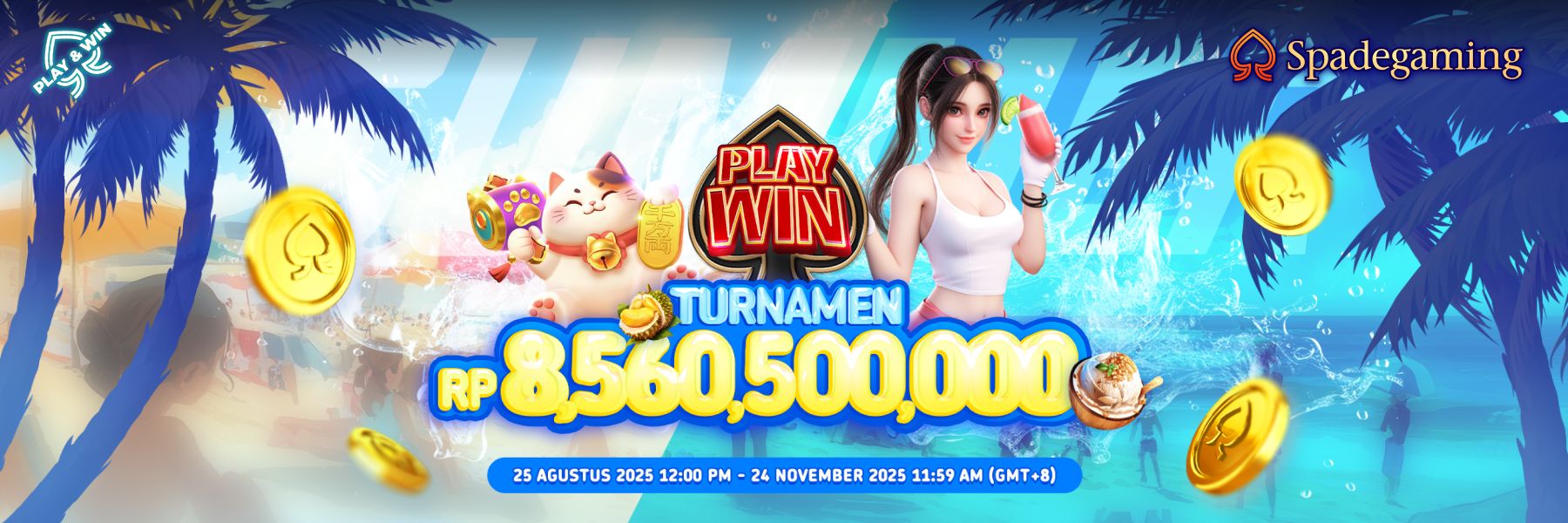Gambling, at its core, is more than just a game of chance it’s a deeply scientific discipline see that taps into the most fundamental parts of the human head. From pull the jimmy on a slot simple machine to placing a bet on a front-runner team, gamblers are not only following monetary system gain but also an emotional and neurological high. The prevision, the suspense, the risk it all forms a psychological that keeps populate climax back for more. This article delves into the skill and psychology behind why play is so thrilling and, for some, perilously addictive.
The Dopamine Rush: How the Brain Reacts to Gambling
One of the main reasons miototo daftar feels so good is the release of dopamine, a neurotransmitter associated with pleasure and reward. Interestingly, research has shown that the head releases Intropin not only when we win but also during the prediction of successful. In fact, the”near-miss” phenomenon when a spin or hand comes close to winning is particularly powerful. It triggers a rush of dopamine almost as saturated as a real win, fooling the mind into believing that achiever is just around the corner.
This neurologic reaction is what gives gaming its hook. It s not always the win that matters often, it s the almost. The of placing a bet, touch the tensity, and getting a near-miss fuels an feeling rollercoaster that mimics the ups and downs of real-life rewards and risks.
The Illusion of Control and Cognitive Biases
Another psychological that makes play so attractive is the semblance of verify. Many gamblers believe that their actions can determine the result of a game that is inherently random. For example, a participant may think that choosing their own lottery numbers or using a certain indulgent strategy gives them an edge. This opinion reinforces trust and fuels further play, even when the odds continue in-situ.
Gambling also exploits cognitive biases like the”gambler s false belief” the impression that past outcomes involve time to come probabilities. For illustrate, a roulette player might assume that after a long mottle of red, nigrify is”due” to come up. These mental shortcuts twine rational number cerebration and push players to keep betting despite losings.
Variable Rewards: The Slot Machine Effect
Slot machines are arguably the most psychologically engineered form of gambling. They use a concept called variable star ratio support, where rewards are given unpredictably. This kind of reward system of rules is the most effective at creating habit-forming behaviors. It’s the same principle used in social media and video recording games to keep users engaged.
In gambling, this substance that players are rewarded on an second basis, which creates a mighty feel of prevision and compulsion. You never know when the next jackpot will hit, so you keep spinning just in case.
Social and Emotional Triggers
Beyond neurochemistry and logical system, gambling also fulfills emotional and social needs. Many populate take a chanc to run try, loneliness, or economic crisis. Casinos are often studied to be immersive, windowless environments that make time feel suspended, offer a temp run away from world. Others are closed to the social view playing fire hook with friends, joining online communities, or celebrating wins together.
For some, gambling becomes intertwined with personal identity and self-worth. A big win can produce a feeling of acquisition or superiority, while losses may be internalized as subjective unsuccessful person, refueling a baneful of chasing losings.
The Thin Line Between Fun and Addiction
While play can be an stimulating and atoxic form of amusement for many, it becomes debatable when science triggers overthrow self-control. Problem play affects millions intercontinental and is often compared to message addiction. The same nous circuits involved in drug dependance light up during gambling demeanor.
Recognizing the monition signs such as chasing losses, concealment gambling habits, or tactual sensation anxious without gaming is requisite. Many countries and organizations now volunteer help through hotlines, counseling, and self-exclusion programs.
Conclusion: Understanding the Thrill to Stay in Control
Gambling offers a complex immingle of exhilaration, prediction, and reward that appeals to both the heart and the mind. Understanding the science underpinnings of this tickle can gift individuals to make educated choices, gaming responsibly, and avoid the slippery incline into habituation. After all, the real win lies not in the kitty, but in maintaining verify over the game

